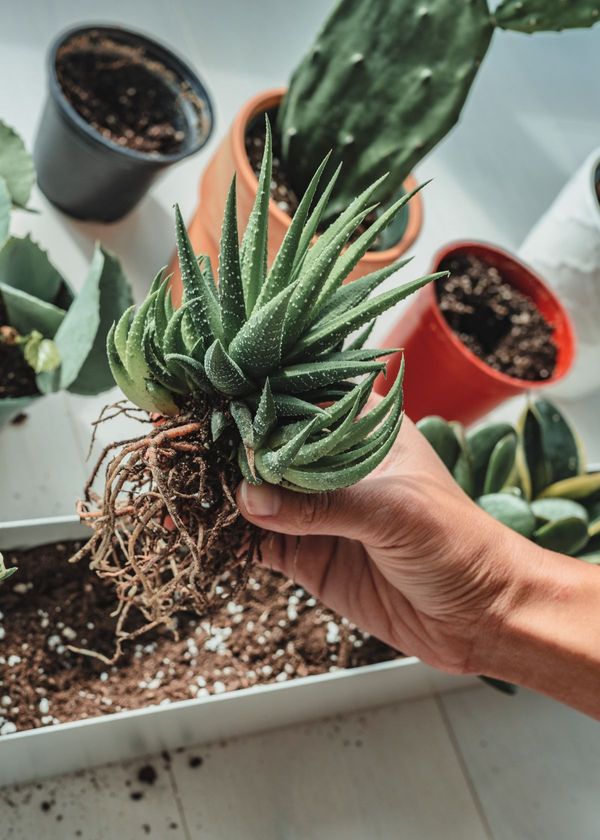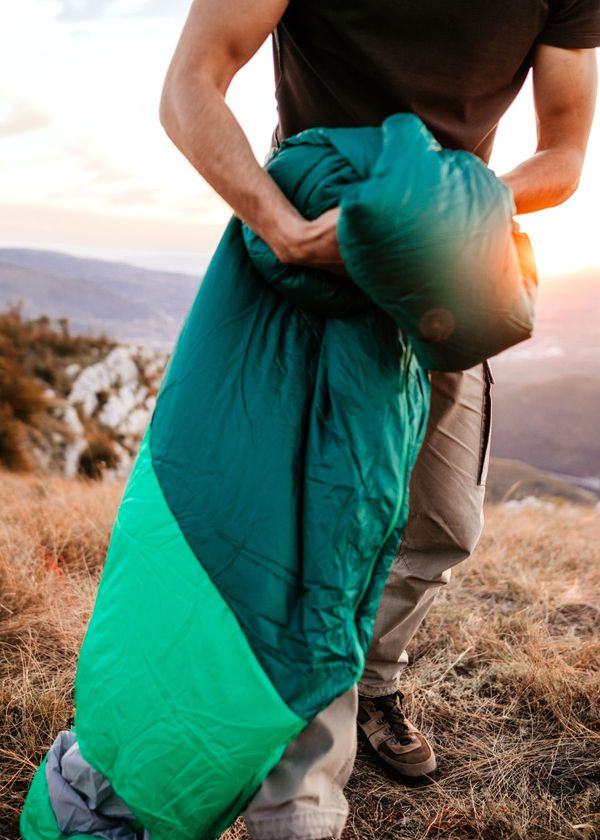Hurricanes are one of the most devastating natural disasters that can occur. These massive storms can cause severe damage to homes, businesses, and entire communities and even result in life loss. In the face of such a powerful force of nature, it is essential to be prepared to minimize the impact of a hurricane.
Preparing for a hurricane involves taking various measures, from securing your home and property to ensuring you have enough supplies to last through the tropical-storm-force winds. This can be daunting, especially for those who have never experienced a hurricane. However, with the right knowledge and resources, anyone can prepare themselves and their families for this potential disaster.
This guide will explore the key steps you can take to prepare for a hurricane. We will cover everything from creating an emergency plan to stocking up on essential supplies and providing the tools and resources you need to stay safe in a hurricane. So if you live in a hurricane-prone area, or want to be prepared for any eventuality, read on to learn how to prepare for hurricanes.
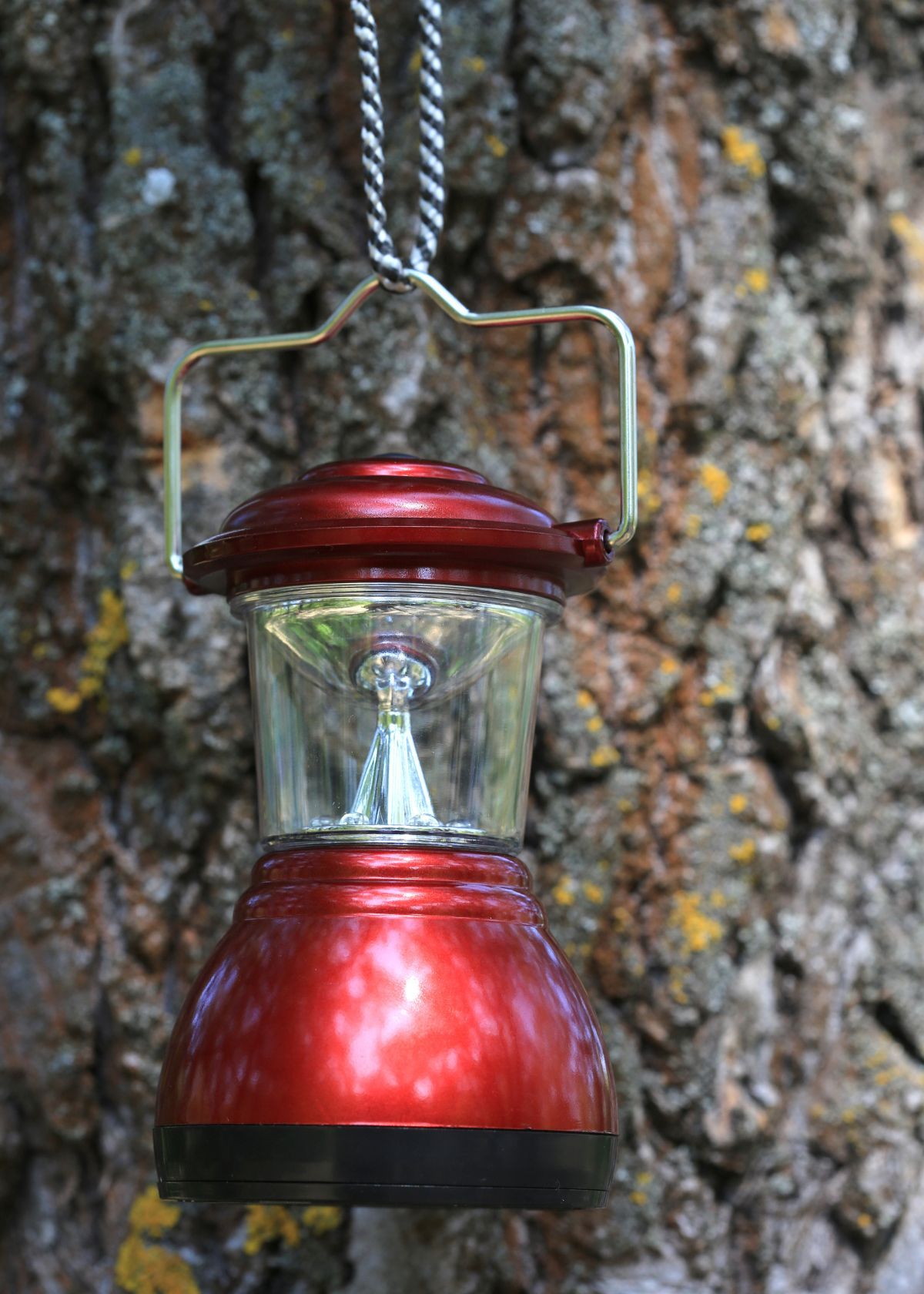
Key Steps That You Can Take to Prepare For a Hurricane
Hurricanes are natural disasters that can wreak havoc on communities, causing immense damage to homes, businesses, and infrastructure. With the Atlantic hurricane season beginning in June and ending in November each year, it's essential to take the necessary steps to prepare for a hurricane before it strikes.
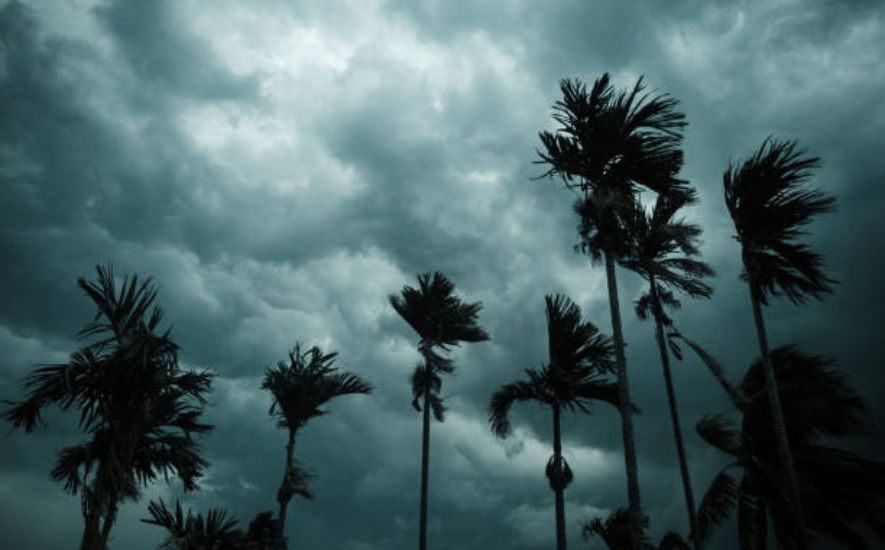
Here are some steps you should take to be prepared:
- Stay Informed: The first step in hurricane preparation is to stay informed. Keep an eye on weather forecasts and hurricane warnings, and listen to official announcements from your local authorities. You can also sign up for emergency alerts via text message or email to stay up-to-date on any developments.
- Prepare an Emergency Kit: Having an emergency kit on hand is essential in case you need to evacuate quickly. Your kit should include enough food, water, medication for at least three days, a first aid kit, a flashlight, a cell phone, batteries, and any necessary personal property.
- Secure Your Home: Protecting your home should be a priority when preparing for hurricane conditions. Secure any loose items outside, such as patio furniture or toys, and cover your windows with storm shutters or plywood. Additionally, ensure that your roof is in good condition and your gutters are debris-free.
- Evacuate if Necessary: If you live in an area at risk of flooding or storm surge, it's essential to evacuate when advised to do so by local authorities. Prepare an evacuation plan ahead of time and know the safest route to take to reach higher ground.
- Have a Communication Plan: In a hurricane, communication can be challenging. Make sure you have a communication plan with your family and loved ones to stay in touch and ensure everyone's safety.
Creating a Hurricane Preparedness Kit
Hurricane season can be unpredictable, but one thing is certain: it pays to be prepared. When a hurricane hits, it can cause massive damage, power outages, and even loss of life. That's why it's important to have a hurricane watch preparedness kit ready well before a storm is forecasted to hit.

Gathering the Essentials
The first step in creating a hurricane preparedness kit is to gather the essentials. This includes a flashlight, extra batteries, a portable radio, and a multi-purpose tool. It's also important to include a whistle, in case you need to signal for help and a manual can opener for canned food.
Stocking Up on Non-Perishable Food and Water
During a hurricane, it's possible to lose power for several days or weeks. That's why stocking up on non-perishable food and water is essential. You should have at least one gallon of water per person per day and a three-day supply of non-perishable food per person. Canned goods, granola bars, and peanut butter are good options. Don't forget to include pet food if you have pets.
Making Sure You Have Adequate First Aid Supplies
In the aftermath of a hurricane, injuries are common. That's why it's important to have adequate first aid supplies on hand. This includes things like bandages, antiseptic wipes, and antibiotic ointment. Including any prescription medications you or your family members may need is also a good idea.
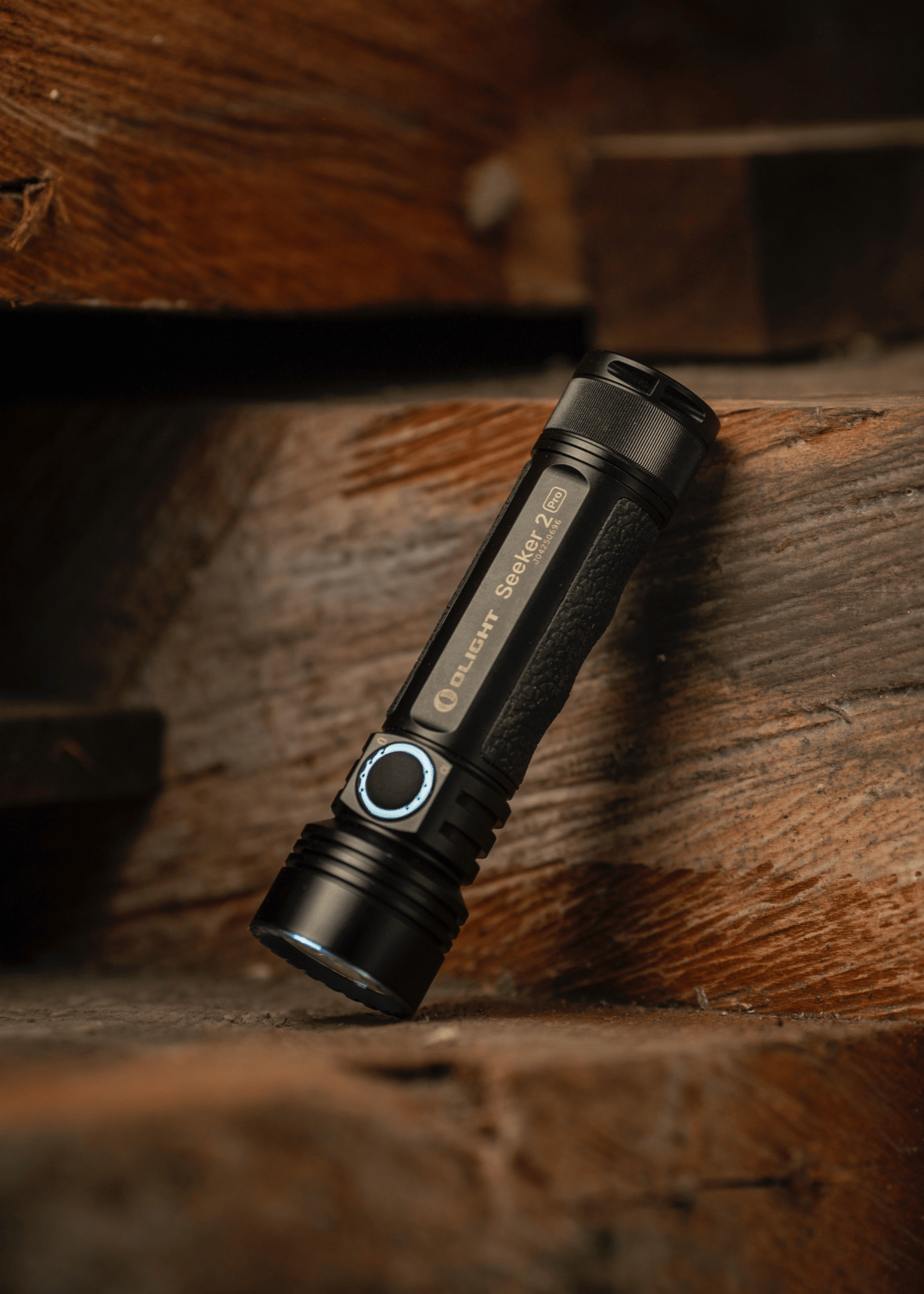
Securing Your Home Before a Hurricane
Hurricanes are some of the most destructive natural disasters that can wreak havoc on homes and communities. When hurricane-force winds strike, they can cause extensive damage to homes and pose a significant threat to the hurricane safety of the people inside them. In the face of such a powerful force of nature, preparing your home to withstand the storm's impact is crucial.
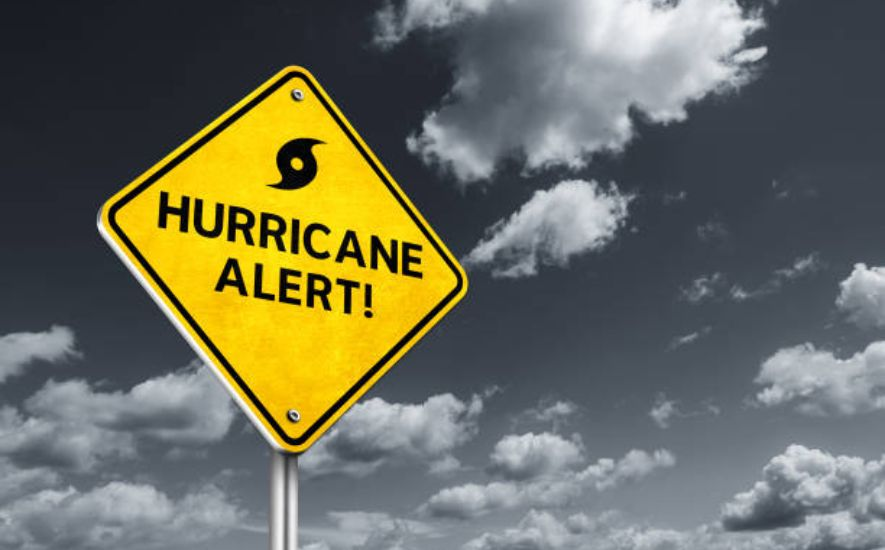
Assess the Risk
The first step to securing your home before a hurricane is to assess the risk in your area. Determine the strength of the storm, the potential for flooding, and the likelihood of high winds. Check for any evacuation orders or advisories in your area. Gather information from reliable sources such as local weather channels or the National Hurricane Center.
Prepare your Home
Once you've assessed the risk, it's time to prepare your home. Begin by inspecting your roof for any damage or weak spots that could allow water to seep in during the storm. Trim any overhanging tree limbs and remove any debris in your yard that could become projectiles in high winds. Cover your windows with shutters or plywood to protect them from shattering. Install hurricane straps on your roof to secure it to your home's frame.
Secure Important Documents
Before a hurricane hits, it's essential to secure your important documents. Place your documents in waterproof containers or bags, such as birth certificates, insurance policies, and identification. You may also consider storing them in a safe deposit box or another secure location away from your home.
Create a Disaster Supply Kit
A disaster supply kit is essential to have in case of an emergency. Assemble a kit that includes non-perishable food, water, first-aid supplies, a flashlight, and extra batteries. Ensure you have enough supplies to last at least three days in case you cannot leave your home due to the storm.
Have an Evacuation Plan
In some cases, it may be necessary to evacuate your home before the storm hits. Have a plan that includes a designated meeting spot for your family and a way to communicate with them in case you become separated. Know your evacuation route and be prepared to leave quickly.
Evacuation Planning During a Hurricane
Hurricanes are among the most devastating natural disasters that can strike coastal communities. With high winds, heavy rain, and storm surges, hurricanes can cause widespread damage and loss of life. To minimize the risk to people and property, it is crucial to have a well-planned evacuation strategy in place before the storm hits.
Assessing the Risk
The first step in developing an evacuation plan is to assess the risk. This involves understanding the potential impact of the hurricane on the community, including the expected wind speeds, storm surge height, and potential for flooding. By analyzing this information, emergency planners can determine which areas are most at risk and prioritize evacuation efforts accordingly.
Developing an Evacuation Plan
Once the risk has been assessed, the next step is to develop an evacuation plan. This plan should outline the procedures for evacuating the community, including the routes to be taken, the transportation methods to be used, and the destinations of the evacuees. It should also identify any special needs of the population, such as those with disabilities or medical conditions.
Communicating the Plan
Effective communication is essential to the success of an evacuation plan. Emergency planners should use various methods to communicate the plan to the public, including social media, local news outlets, and emergency alert systems. It is also important to have a clear and concise message that is easy to understand and follow.
Preparing for Evacuation
Preparing for evacuation involves ensuring the necessary resources are in place to transport and shelter evacuees. This may include pre-positioning buses and other vehicles, stocking emergency supplies, and preparing safe shelter locations for those who need them.
Executing the Evacuation Plan
It is time to execute the evacuation plan when the hurricane is imminent. This involves coordinating the efforts of emergency personnel, volunteers, and other stakeholders to safely and efficiently evacuate the community. It is important to have contingency plans in place in case of unexpected events or complications during the evacuation.
Staying Informed During a Hurricane
Hurricanes wreak havoc on coastal areas, unleashing high winds, heavy rainfall, and storm surges that can cause immense destruction to homes and businesses. In the face of such a formidable threat, staying informed is key to ensuring your safety and survival.
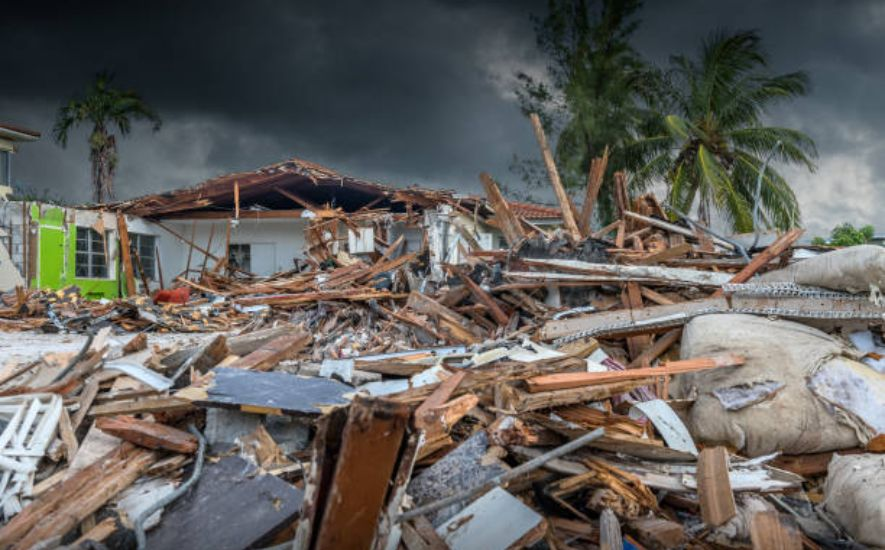
Preparing for a Hurricane
Preparing for a hurricane is crucial to your safety and survival. You should begin preparing well in advance of the storm's arrival. One of the first things you should do is create an emergency kit that includes food, drinking water, and other essential supplies.
You should also ensure that your home is secure and have a plan for evacuation if necessary. It is also good to stay informed about the latest weather updates and advisories.
Monitoring Weather Updates
Staying informed about the latest weather updates and advisories is essential during a hurricane. You can monitor weather updates through various sources, including the National Hurricane Center, local news outlets, and weather apps.
It is important to stay informed about the storm's path, intensity, and potential impacts on your area. You should also pay attention to any evacuation orders that local authorities may issue.
Using Social Media
Social media can be an invaluable tool for staying informed during a hurricane. Many local government agencies and emergency management organizations use social media to provide real-time updates and information during emergencies. You can follow these accounts to stay informed about the latest news and advisories. You can also use social media to connect with friends and family members during the storm.
Staying Safe During the Storm
During the storm, staying safe and following any instructions provided by local authorities is essential. If you are advised to evacuate, do so immediately. If you cannot evacuate, find a safe place to take shelter, such as an interior room or a basement.
You should also stay away from windows and garage doors and avoid using electrical appliances. Having a battery-powered radio or other communication devices is also a good idea to stay informed about the latest updates.
Frequently Asked Questions (FAQs)
If you live in a hurricane zone, knowing how to prepare for a storm and what to do if one hit is important.
Here are some frequently asked questions about hurricanes:
How do you stay safe in a hurricane?
Here are some preparation tips to stay safe during a hurricane:
- Stay informed: Stay updated with the latest weather reports and emergency alerts through TV, radio, or the internet.
- Evacuate if necessary: Follow the instructions of local authorities and evacuate if advised to do so.
- Secure your home: If you are not evacuating, secure your home by boarding up windows, securing doors, and bringing in outdoor objects that could become flying debris.
- Stock up on supplies: Have enough food, water, and other essentials for several days. Don't forget important items such as medications, first-aid kits, and batteries.
What preparation should people do to prepare for a typhoon?
If you are in an area that is expected to be affected by a typhoon, it is important to prepare yourself and your property. Here are some tips:
- Stay informed: Monitor weather updates and advisories issued by your local government and heed their warnings.
- Secure your home: Reinforce your doors and windows, clear your gutters and drains, and anchor loose items like outdoor furniture or planters.
- Stock up on supplies: Prepare an emergency kit with essentials such as water, non-perishable food, batteries, flashlights, and a first aid kit.
- Evacuate if necessary: If you are in a low-lying or flood-prone area, follow the instructions of local authorities and evacuate to a safer location.
What do you say to someone during a hurricane?
If you or someone you know is experiencing a hurricane, it's essential to prioritize safety and take all necessary precautions. Here are some things you can say to help:
- Stay calm: Encourage the person to stay calm, take deep breaths, and try to remain composed. Panic can only make the situation worse.
- Follow safety protocols: Remind the person to follow all safety protocols, such as staying indoors, avoiding windows and doors, and unplugging electrical devices.
- Offer reassurance: Reassure the person that you are there for them and that help is available if needed. Let them know that they are not alone.
- Stay informed: Keep the person updated on the latest weather reports and emergency updates so they know what to expect and how to prepare.
What is the difference between typhoons and hurricanes?
Typhoons and hurricanes are tropical cyclones, but they are given different names depending on where they occur.
A hurricane is a tropical cyclone over the Atlantic or northeastern Pacific oceans. In contrast, a typhoon is a tropical cyclone that forms over the northwestern Pacific Ocean.
One key difference between the two is their location. Typhoons occur in the western Pacific, particularly around Southeast Asia and Japan, while hurricanes occur in the Atlantic and Gulf of Mexico.
Conclusion
In conclusion, preparing for hurricanes is essential to ensure the safety and well-being of individuals, families, and communities in vulnerable areas. It is crucial to have a plan in place, stock up on necessary supplies, and stay informed about weather updates and evacuation orders.
By taking proactive measures and preparing early, the potential impact of a hurricane can be minimized, and lives can be saved. While hurricanes can be unpredictable and destructive, being prepared and aware can help mitigate their effects and ensure those affected can recover and rebuild as quickly as possible.







